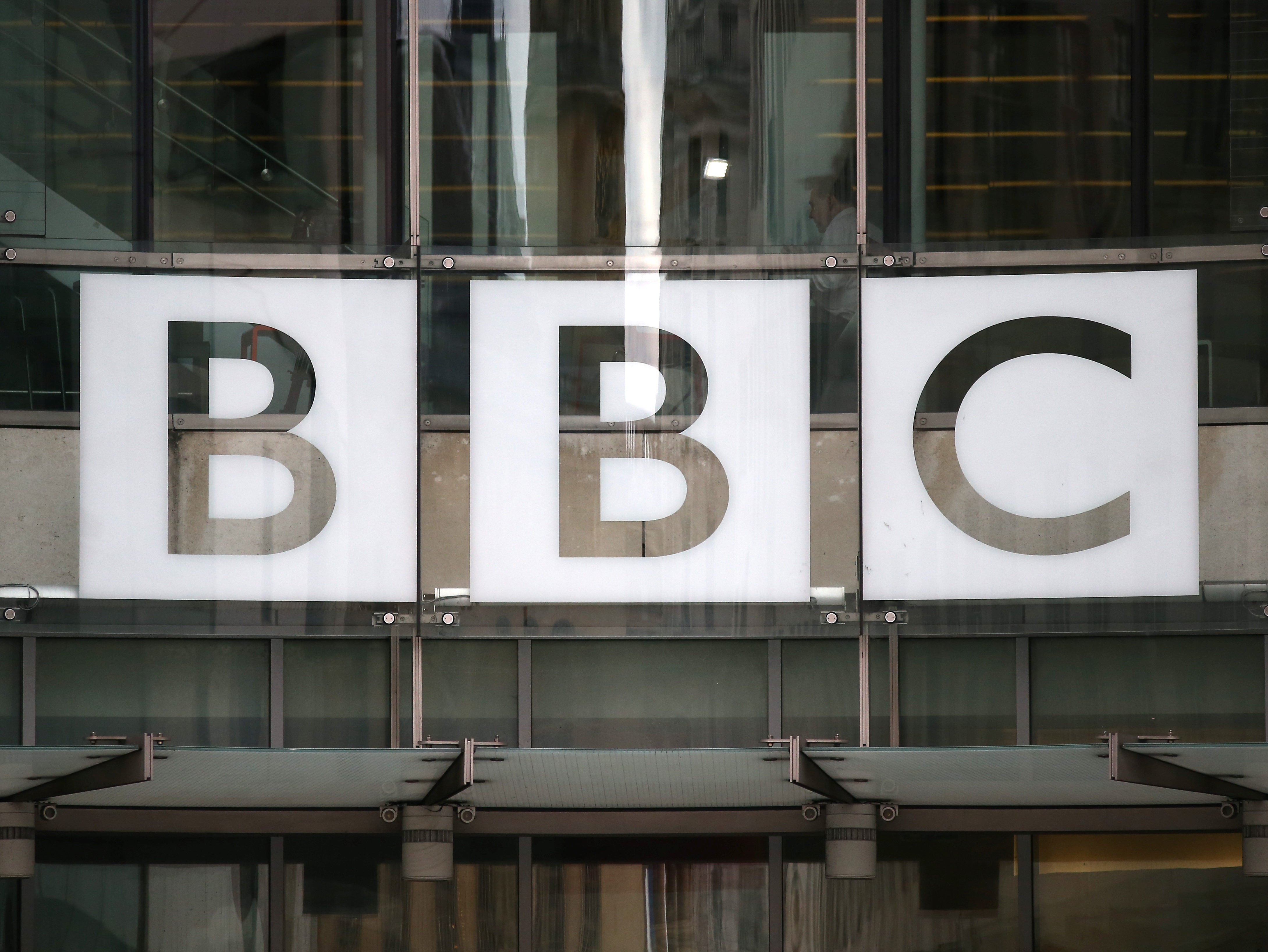
Almost 250 BBC staff members have signed a letter calling for full pay transparency at the corporation and the publication of every employee’s salary and benefits.
The letter, signed by 156 women and 86 men and published in The Guardian, also calls for the BBC to release information indicating how pay is decided and how promotion and recruitment processes are carried out.
This, it says, would enable the BBC to to live up to its values of transparency and accountability and restore the trust of both staff and audiences in the corporation.
Presenters and journalists including Victoria Derbyshire, Carrie Gracie, Samira Ahmed, Mariella Frostrup, Naga Munchetty and Dan Snow signed the letter alongside numerous off-screen colleagues.
It reads: “It’s time for full pay transparency at the BBC. Transparency about what everyone earns, about how pay is decided, and also about promotion and recruitment across all areas of the corporation.
“There is no legal bar to doing this. The BBC just needs to change the expectations of people working here by telling them that in future their pay will be transparent.
“The BBC says it wants to be ‘the most transparent organisation when it comes to pay’. Full publication of individual salaries and benefits (and other payments through BBC Studios and all commercial arms) would have a lasting positive impact on the culture of the BBC and beyond.”
The letter says that full pay transparency would be the “fastest, cheapest and fairest way” to tackle unequal pay at the BBC and would uncover pay discrimination against ethnic minorities, people with disabilities, LGBT+ people, or on the basis of age.
Staff say it could also indicate pay differences linked to characteristics which are not legally protected but which should be monitored, such as class, educational background or regional origin.
A recent review of pay for BBC on-air talent found an overall median gender pay gap of 6.8 per cent (4.3 per cent mean pay gap) and “no evidence of gender bias in pay decision-making”.
Former BBC China editor Gracie, who resigned in January after speaking out over being paid less than male international editors, accused the BBC of a “secretive and illegal pay culture”.
She told the Digital, Culture, Media and Sport Committee that the corporation was unwilling to acknowledge its “equal pay problem” and a result had “belittled” women’s contributions for decades.
BBC director general Tony Hall told the committee he felt “very strongly” about wanting to “fix” equality at the BBC and repeated the corporation’s aim to have a 50/50 split of men and women on-air by 2020 “or earlier”.
He said: “I profoundly believe the BBC needs to demonstrate – under the law – that we are paying equally.
The letter argued that full pay transparency could even save the BBC money, as the top salaries would become harder to justify.
The BBC revealed in July last year it has more than 40 journalists, with Jeremy Vine and John Humphrys at the top end of the scale, who are paid more than the Prime Minister’s £150,000 salary.
A BBC spokesperson said: “We already have a project planned to look at transparency at the BBC which will consider – among other things – whether all salaries from the licence fee should be published and what other measures are necessary that wouldn’t put the BBC at a competitive disadvantage.
“The BBC already publishes more information about itself, its operations and its staff than any other broadcaster. We are already committed to going further and faster than any other organisation in closing our gender pay gap.
“We have set out real targets and have announced a project based led by Donalda McKinnon to do all we can to help the progression and culture for women within the organisation.
“BBC Studios and Worldwide are fully commercial businesses and are not funded by the licence fee. It’s not public money. They have to compete in the commercial market on a level playing field against other commercial business.
“It would be wrong to put them at a competitive disadvantage at a time we should be doing all we can to support British content against the global [US] west coast giants.”
The National Union of Journalists has supported BBC staff’s request for full pay transparency.
Michelle Stanistreet, NUJ general secretary, said: “Tony Hall has already committed the BBC to becoming the most transparent organisation on pay – the easiest way to properly fulfil this commitment is to commit to publishing the earnings of all who work at the Corporation.
“Learning the depths of pay inequity that have existed in the BBC has led to a crisis of trust amongst staff – rebuilding that trust requires a significant shake up in the organisation’s pay culture, and genuine transparency would be a first step in achieving that.”
Picture: Reuters/Neil Hall
Email pged@pressgazette.co.uk to point out mistakes, provide story tips or send in a letter for publication on our "Letters Page" blog
